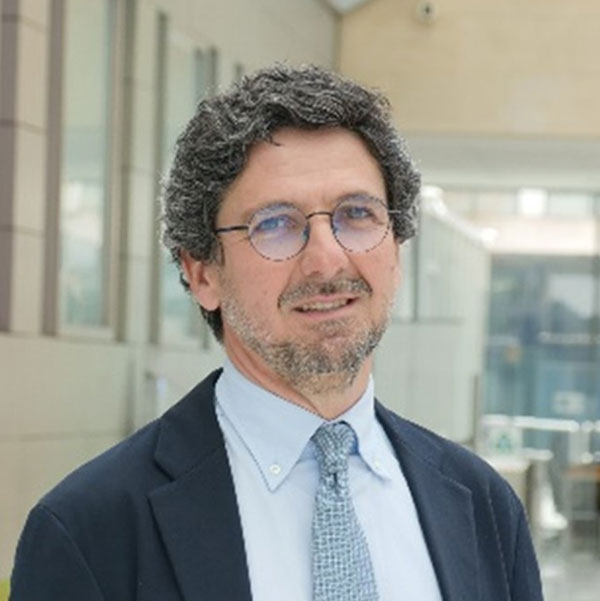Food Systems Podcast 57
In discussion with Jesús Antón
Friday, Feb 23, 2024
In this episode, Mark Titterington talks with Jesús Antón, the Head of Unit in the Agriculture and Resource Policies Division at the OECD. Jesús leads initiatives on innovation and conducts agricultural policy reviews using the OECD’s productivity-sustainability-resilience framework. In our discussion, he shares insights from the OECD’s latest publication, “Policies for the Future of Farming and Food in the European Union”.
Here is a summary of the conversation.
The report highlights that agriculture is at a critical juncture. What are the main challenges faced by agricultural policies today?
Food systems themselves face a triple challenge: food security and nutrition of a growing population, supporting farmers’ livelihoods, and conserving and enhancing natural resources. They are not currently meeting short- or long-term challenges. Two billion people do not have access to safe, nutritious food, environmental impacts from food production are considerable, and systemic shocks exacerbate the pressures. Longer-term there is climate change and the need to gain productivity.
The big challenge is developing consistent policies that reconcile these multiple goals. However, we now have a higher level of awareness and information than ever before, so there may be an opportunity to change mindsets.
The report suggests the CAP has not adapted or is not delivering against policy objectives, particularly those of the Green Deal. Why is that?
EU policies are not fully delivering in terms of productivity or environmental sustainability, even if growth is positive. It is not surprising, because the starting point of policies is far from optimum. Most of the support does not promote innovation and environmental sustainability. Many payments support the inertia of the past and some can even prevent the intergenerational change and transformation needed.
The report mentions the “path dependency” of the CAP. Is inertia underpinning this, and how do we get round it?
Policies are path-dependent, and we have some ideas to improve that. The CAP 2023-27 does move in the right direction: from compliance to performance, a new delivery model that gives more responsibility to member states, and new eco-schemes.
The report brings 15 recommendations, which are the result of a strong engagement with the EU and other stakeholders. They include three important areas. A push to modify specific policy programmes, re-orienting policy towards innovation to reconcile productivity and sustainability, and embracing the future with a clear view of the objectives, then targeting these objectives.
How do we reconcile the environmental objectives with productivity and competitiveness goals?
In the medium to long term, innovation opens big opportunities to get away from the trade-offs of the past. It means re-orienting traditional payments towards innovation for sustainability, and facilitating a double transition – digital and environmental.
We need to bring innovation to the centre of EU policy, and make the flow of knowledge and skills the main driver of the agrifood sector.
How do we speed up the pathway to market for bringing agricultural innovation forward?
Links between the private sector, the farmers, and all the elements in innovation are crucial for technologies to be adopted. Farmers are in the centre: we have to upgrade skills and make sure they are connected to research so there is a flow of knowledge and innovation.
What does systemic change need to look like? Is there a limit to what policy can do?
Policy is the most important enabler but not the only solution. It needs a change of mindset. But policy has a big role: making sure we define the priorities, and avoiding being an impediment to the innovation and change process.
There has never been a more exciting time to work in agriculture, but farming is still perceived as an old-fashioned job.
Farming has a fascinating future! Farmers take care of the natural resources that are a priority for society, and particularly for the young. Agriculture is the cornerstone of delivering food security and protecting soils and land. There are new technologies and practices, including digital. I think the sector can attract smart talent.
If you have found this short summary interesting, there’s lots more to hear in the full 22-minute conversation. It is available now on iTunes, Podbean or Spotify or on this website.
You can also read the OECD report “Policies for the Future of Farming and Food in the European Union”.

Jesús Antón
Jesús Antón is Head of Unit in the Agriculture and Resource Policies Division in the OECD. He...see more
